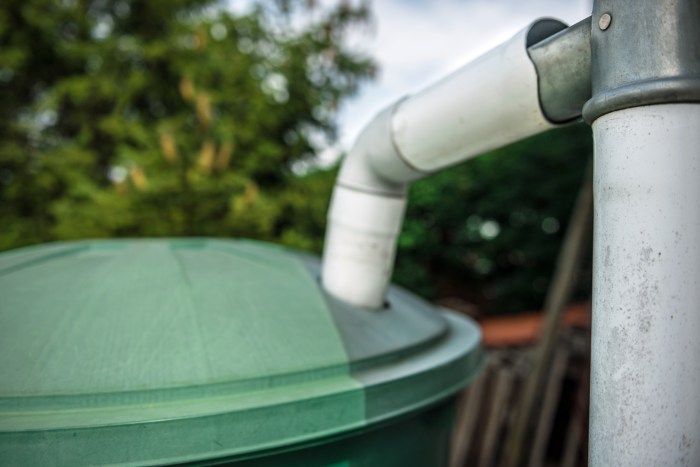KINGSTON, Jamaica (AP) — A group of influential Jamaicans gathered Saturday to launch an association of supposed future marijuana cultivators as momentum builds toward loosening laws prohibiting pot on the Caribbean island.
Some 300 people, including a few medical marijuana entrepreneurs from Canada and the U.S. state of Colorado, assembled at a conference center in downtown Kingston to officially launch the Ganja Future Growers and Producers Association. Among other things, the group will lobby for creation of a regulated cannabis industry on the tropical island that is nearly as famous for its pot as it is for its scenic beaches and unique culture.
The moderator of the Saturday event was Kingston Mayor Angela Brown-Burke, who is also a senator and a vice president of the ruling People’s National Party. Her husband, Paul Burke, is one of the leaders of the new association and also an influential PNP figure. Groups that spoke in support of the venture included the country’s scientific research council, agricultural society and the Jamaican campus of the University of the West Indies.
“Jamaica has a prime opportunity to enter and revolutionize an industry that could have an enormous kickback on our growth and development potential,” said Rupert Lewis, a politics professor who spoke on behalf of the Mona campus of the University of the West Indies
Marijuana has been pervasive but outlawed on the island for a century. But as the pot legalization movement gains unprecedented traction across the globe, most notably in the South American nation of Uruguay and the U.S. states of Colorado and Washington, there’s a growing push to lift restrictions in Jamaica to give the island’s long struggling economy a big boost.
Reform supporters believe Jamaica could become a powerhouse in medical marijuana research, a renowned global exporter to nations with legal cannabis and the developer of new pot products. Local scientists already have a history of creating innovative marijuana-derived medicines, including “Canasol,” which helps relieve pressure in the eyes of glaucoma patients.
Charles Nesson, a Harvard law professor who helped found the Massachusetts university’s Berkman Center for Internet and Society, said Jamaica and marijuana are basically synonymous due to the homegrown spiritual movement of Rastafari and pot-steeped cultural expressions like reggae music. He said the global marijuana movement “needs the leadership of Jamaica.”
“But there is a huge danger. And the danger is that you will miss the boat, that you will talk too long,” warned Nesson, who elicited loud cheers when he acknowledged being a marijuana smoker, unlike several Jamaican speakers who carefully stressed they did not smoke the locally banned herb.
The new Jamaican association is starting as some government officials have publicly taken up the idea of loosening restrictions, including Health Minister Fenton Ferguson who said late last year he was “fully on board” with medical marijuana.
But the government has provided little clarity on what it intends to do. Technology Minister Phillip Paulwell, leader of government business in the House, has hinted that ganja will be decriminalized this year, yet nothing official has been announced.
























